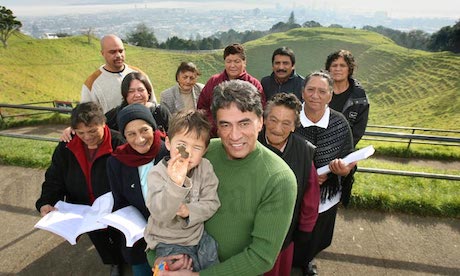You hear people say it takes a village to raise a child; some new research supports this intuition.
A recent report suggests that women’s social networks positively affect her child’s cognitive development, says Dr John Shaver from the University of Otago.
The analysis also suggests that religious women have stronger support networks.
Shaver says that previous studies have found that sibling number is negatively related to a child’s cognitive and physiological development.
It is also negatively related to a child’s socioeconomic success in adulthood.
This happens because parents have less time, and fewer resources to invest in their development.
“The expectation, based on these findings, would be that due to differences in family sizes, children born to religious parents would exhibit poorer developmental outcomes than children born to secular parents,” Shaver says.
The report’s authors tested the hypothesis that religious cooperation extends to alloparenting (investment in children by people other than the child’s parents), that higher levels of social support for religious mothers were associated with their fertility and their children’s development.
Shaver says while the findings only support some hypotheses, they were mostly consistent with the idea that religions in modern environments support cooperative breeding strategies.
Women who receive help from members of their congregation have higher fertility, and this aid, as well as more general forms of social support, were both associated with improved child cognitive development.
“By positively influencing social support, religion in the UK may help some women have more children, without sacrificing the success of these children.”
Shaver is the lead author of the report Church attendance and alloparenting: An analysis of fertility, social support, and child development among English mothers, published this month in Philosophical Transactions of the Royal Society B, the world’s oldest English language journal.
Source
